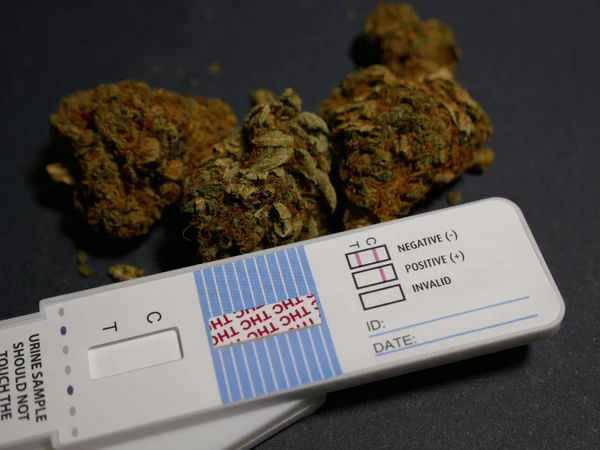Delta 9 And Pregnancy
Pregnancy represents a crucial period for expecting mothers, characterized by various lifestyle adjustments designed to protect the health of both the mother and the developing fetus. Among the topics receiving considerable attention is the use of cannabis, particularly delta-9-tetrahydrocannabinol (Delta 9 THC), during pregnancy. This blog explores the intricate issues related to Delta 9 and pregnancy, examining its potential effects, risks, and the necessity of making well-informed decisions.
Delta 9 THC, commonly known as Delta 9, is the main psychoactive component in cannabis. It produces effects such as euphoria, relaxation, and altered sensory perception. As the use of cannabis becomes more prevalent and accepted, understanding how Delta 9 THC may influence pregnancy and fetal development is increasingly important.
Research on Delta 9 and pregnancy is still evolving, but current studies suggest that there are potential risks that warrant careful consideration. One major concern is that Delta 9 can cross the placenta, potentially exposing the developing fetus to its effects. This exposure might disrupt fetal brain development, as the endocannabinoid system, which interacts with Delta 9, plays a crucial role in brain growth and maturation.
Animal studies indicate that Delta 9 exposure during pregnancy can lead to various developmental issues, such as changes in brain structure, cognitive impairments, and behavioral alterations. Although findings from animal studies do not always translate directly to humans, these results underscore the importance of exercising caution.

Human studies have highlighted potential adverse effects of Delta 9 on pregnancy. Research suggests that prenatal exposure to Delta 9 could be linked to lower birth weights, preterm births, and developmental delays. These outcomes are particularly concerning because low birth weight and preterm birth significantly increase the risks of infant mortality and long-term health problems.
Furthermore, using Delta 9 during pregnancy can complicate maternal health. Cannabis use has been associated with a higher risk of anemia and other complications that can affect both mother and baby. The psychoactive effects of Delta 9 might impair judgment and coordination, raising the likelihood of accidents and injuries during pregnancy.
While some expectant mothers might consider using Delta 9 to alleviate nausea, vomiting, or manage anxiety and stress, it is crucial to carefully weigh these potential benefits against the risks to fetal development and maternal health.
Healthcare providers are key in this discussion. Expectant mothers should engage in open, non-judgmental conversations with their healthcare providers about cannabis use and seek guidance on safer alternatives for managing pregnancy-related symptoms. This dialogue is essential for making informed choices that safeguard both maternal and fetal health.
Public health campaigns and educational initiatives also play a vital role in increasing awareness about the potential risks associated with Delta 9 use during pregnancy. Providing accurate information and resources empowers women to make informed decisions and obtain appropriate support during their pregnancy.
In summary, the relationship between Delta 9 and pregnancy is complex and requires careful consideration. Existing evidence points to potential risks to both fetal development and maternal health. Expecting mothers should discuss their cannabis use with healthcare providers to explore safer alternatives. Prioritizing the health of both the mother and the developing fetus is crucial, and ongoing research will continue to shape our understanding of Delta 9’s effects during pregnancy.






